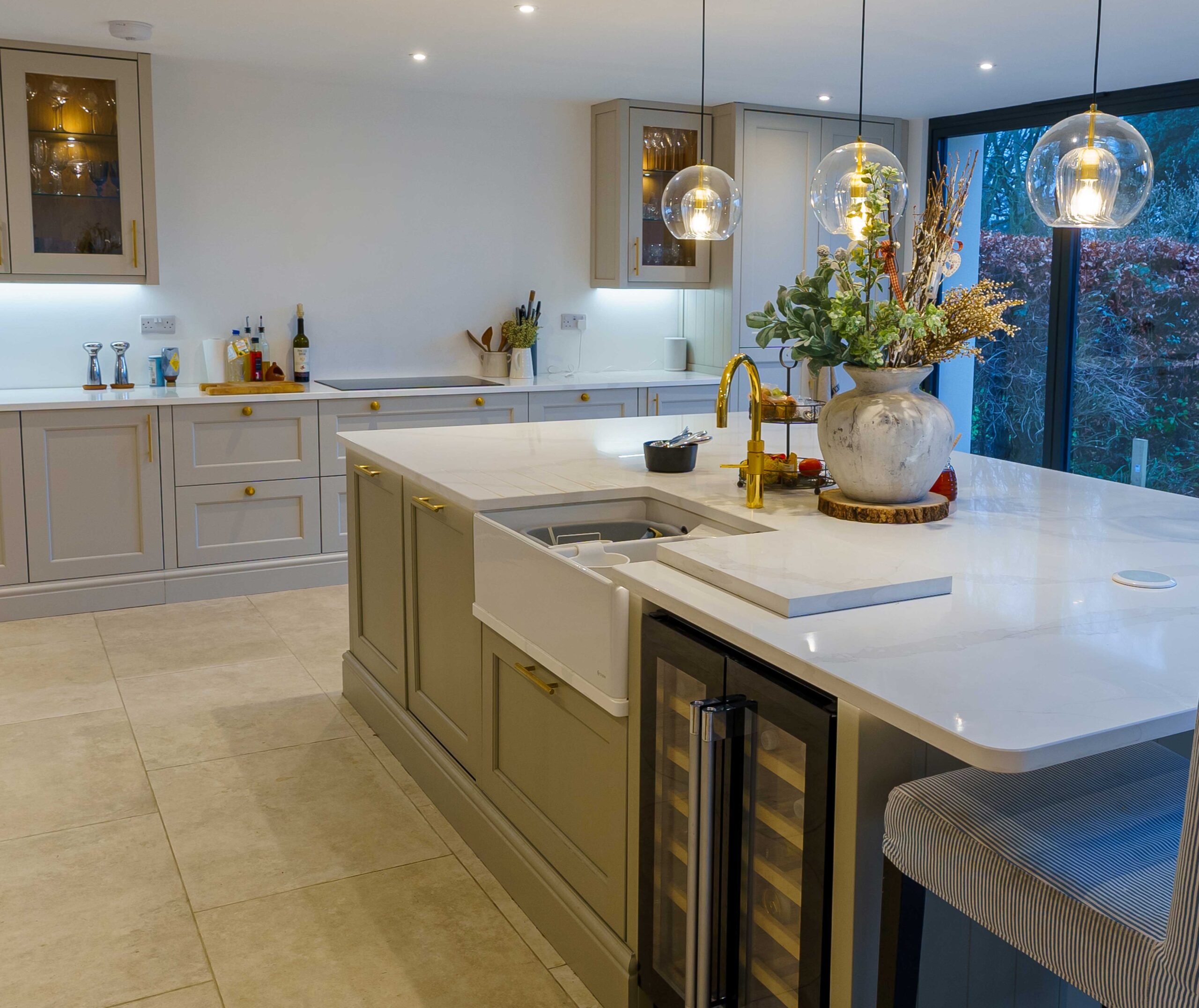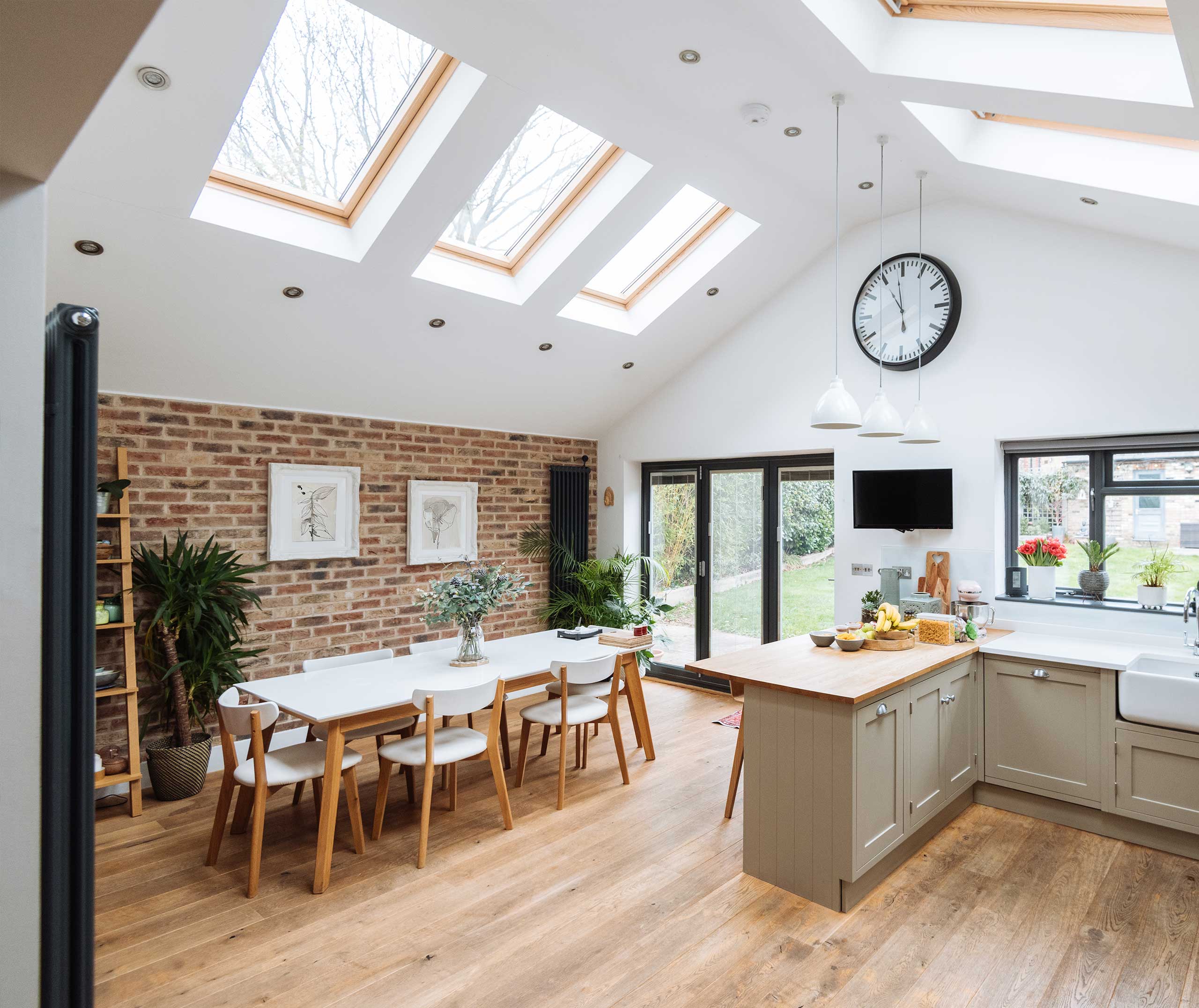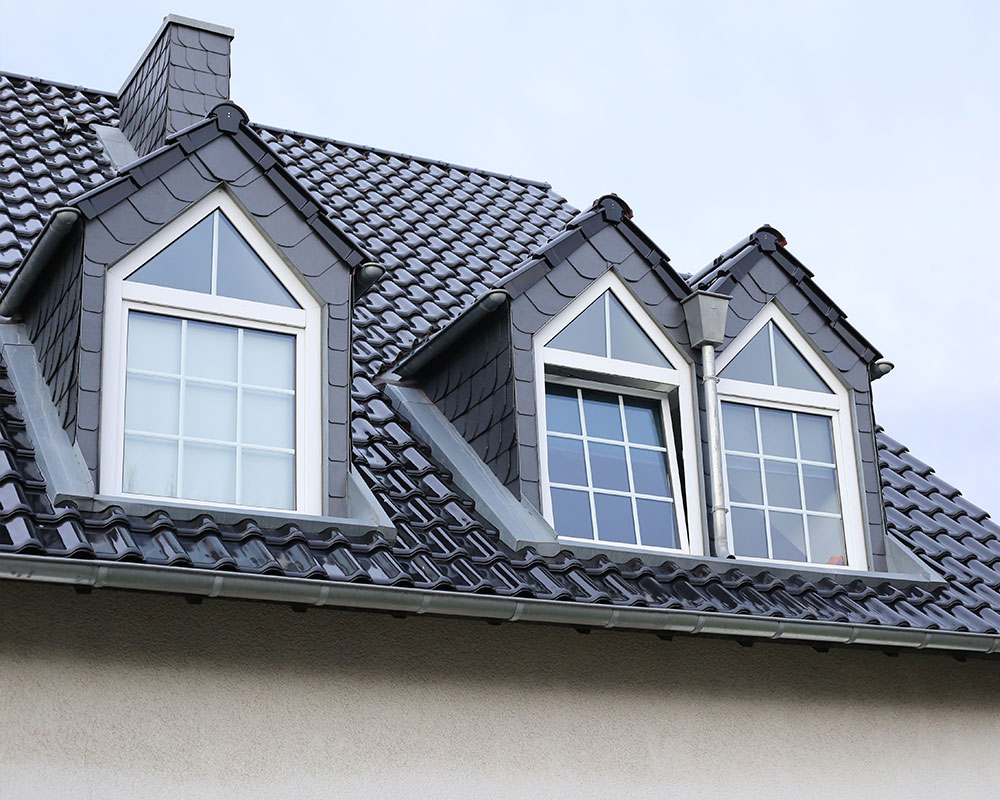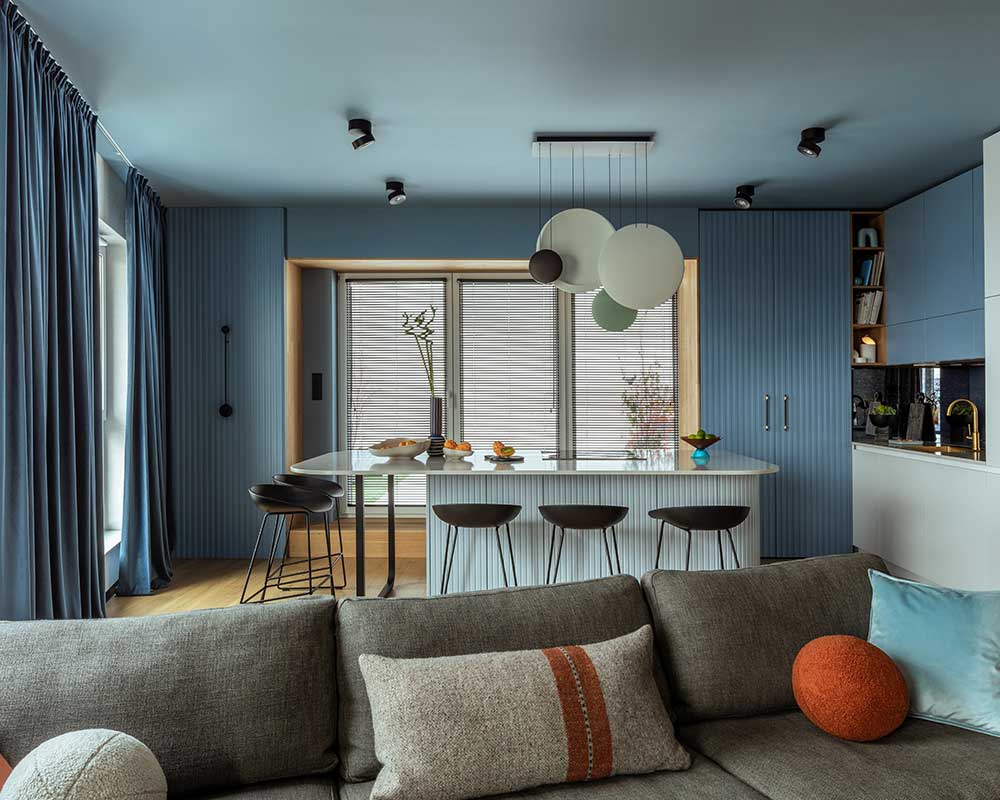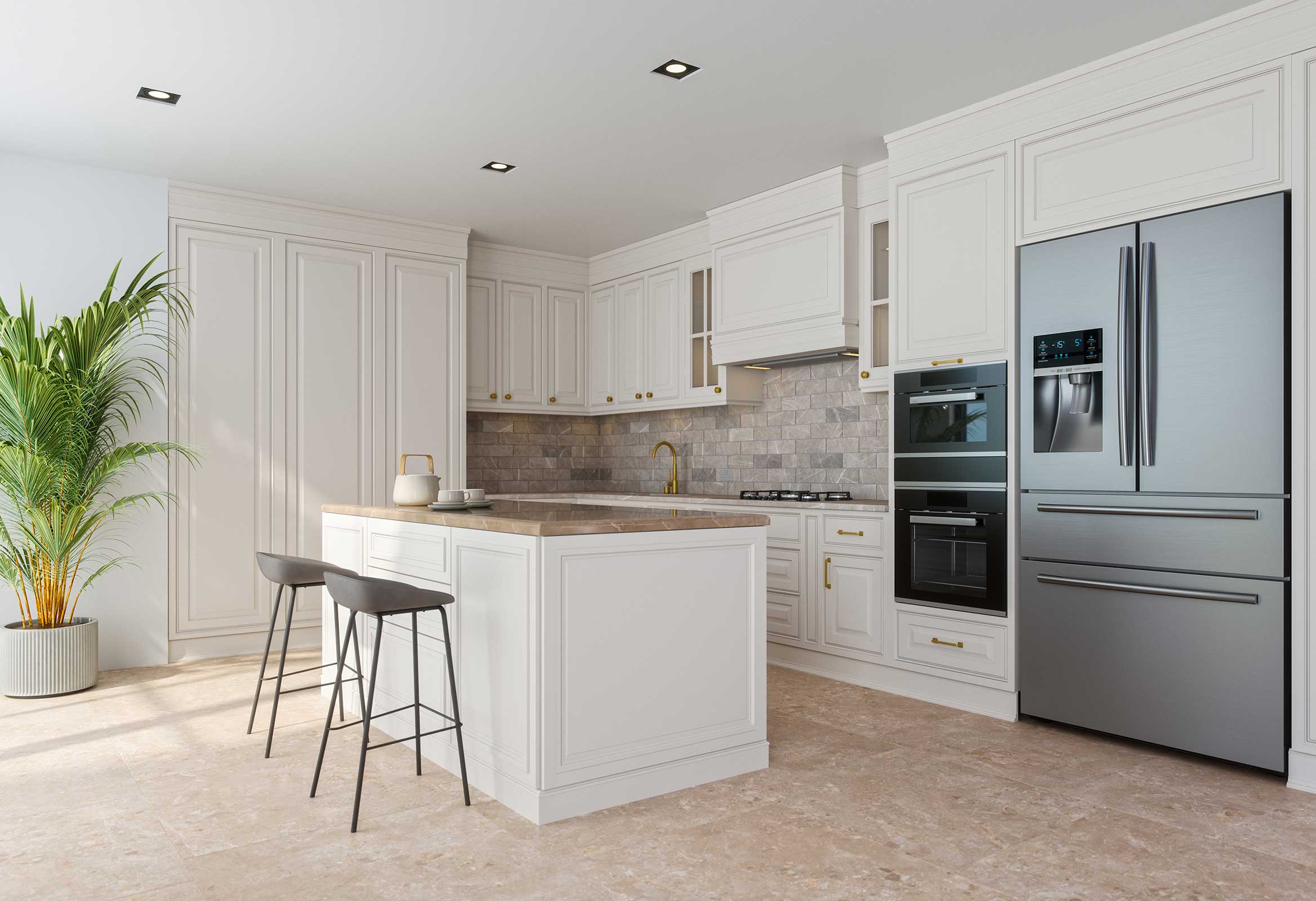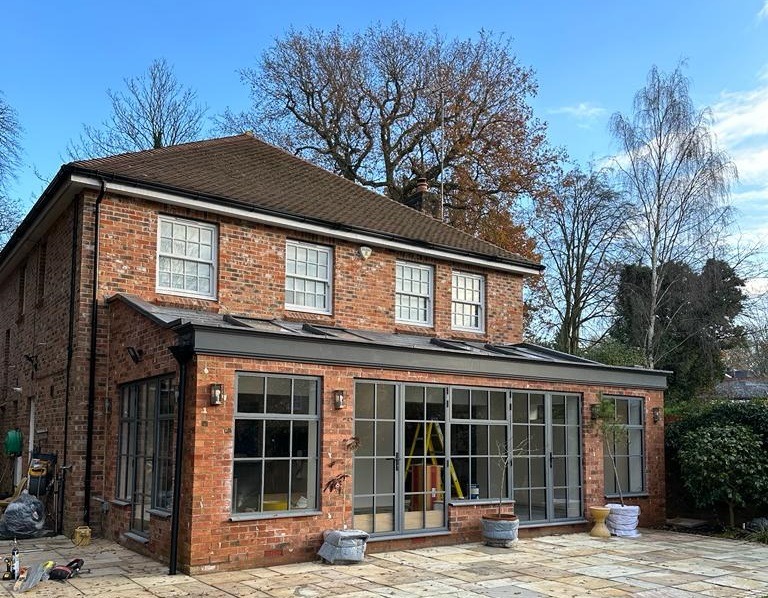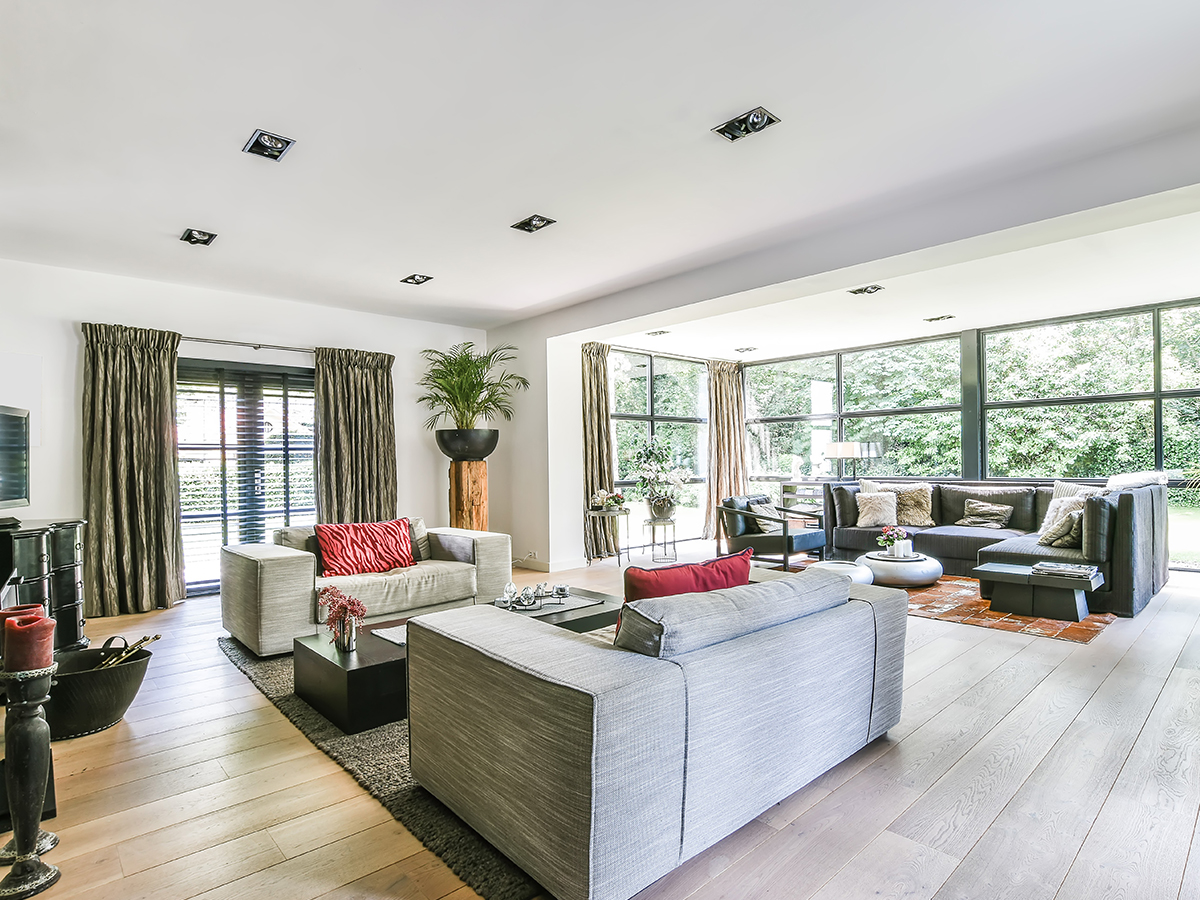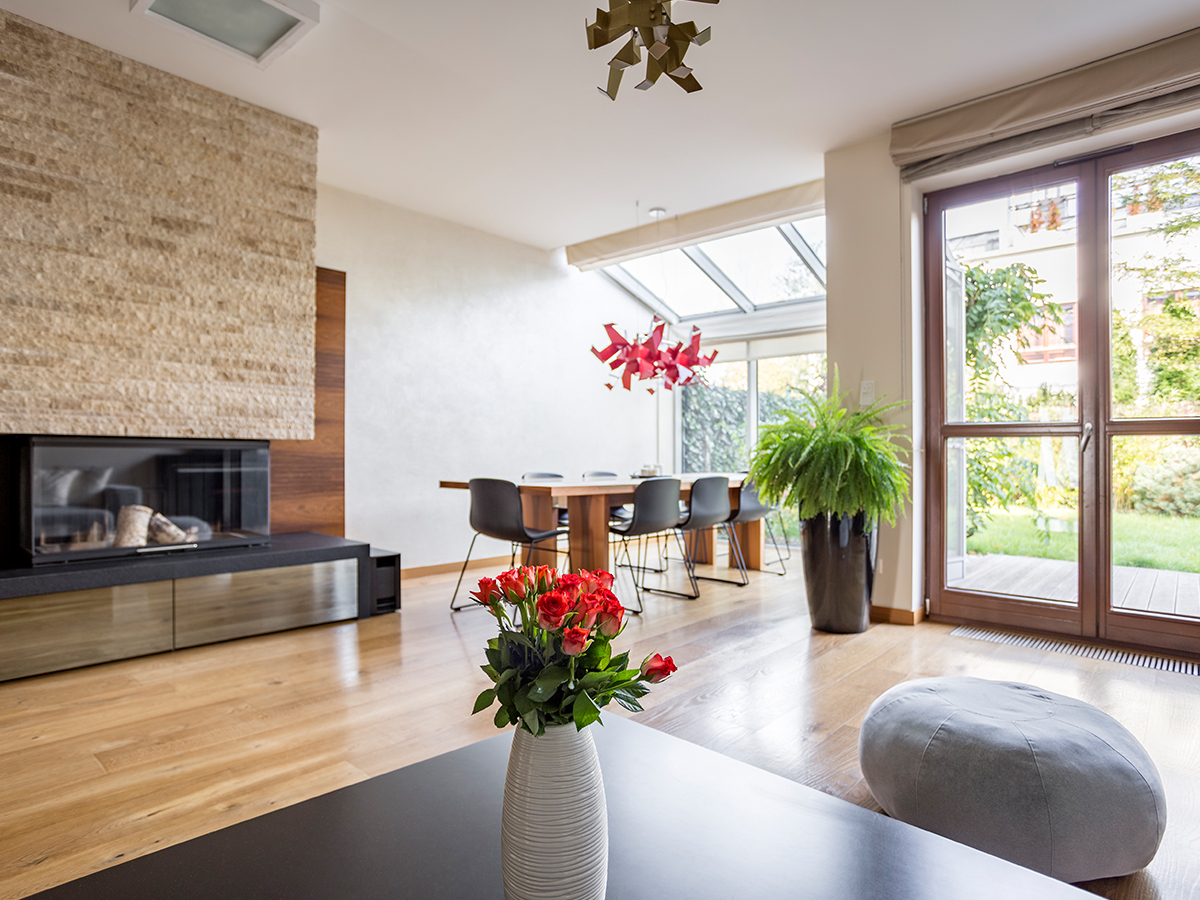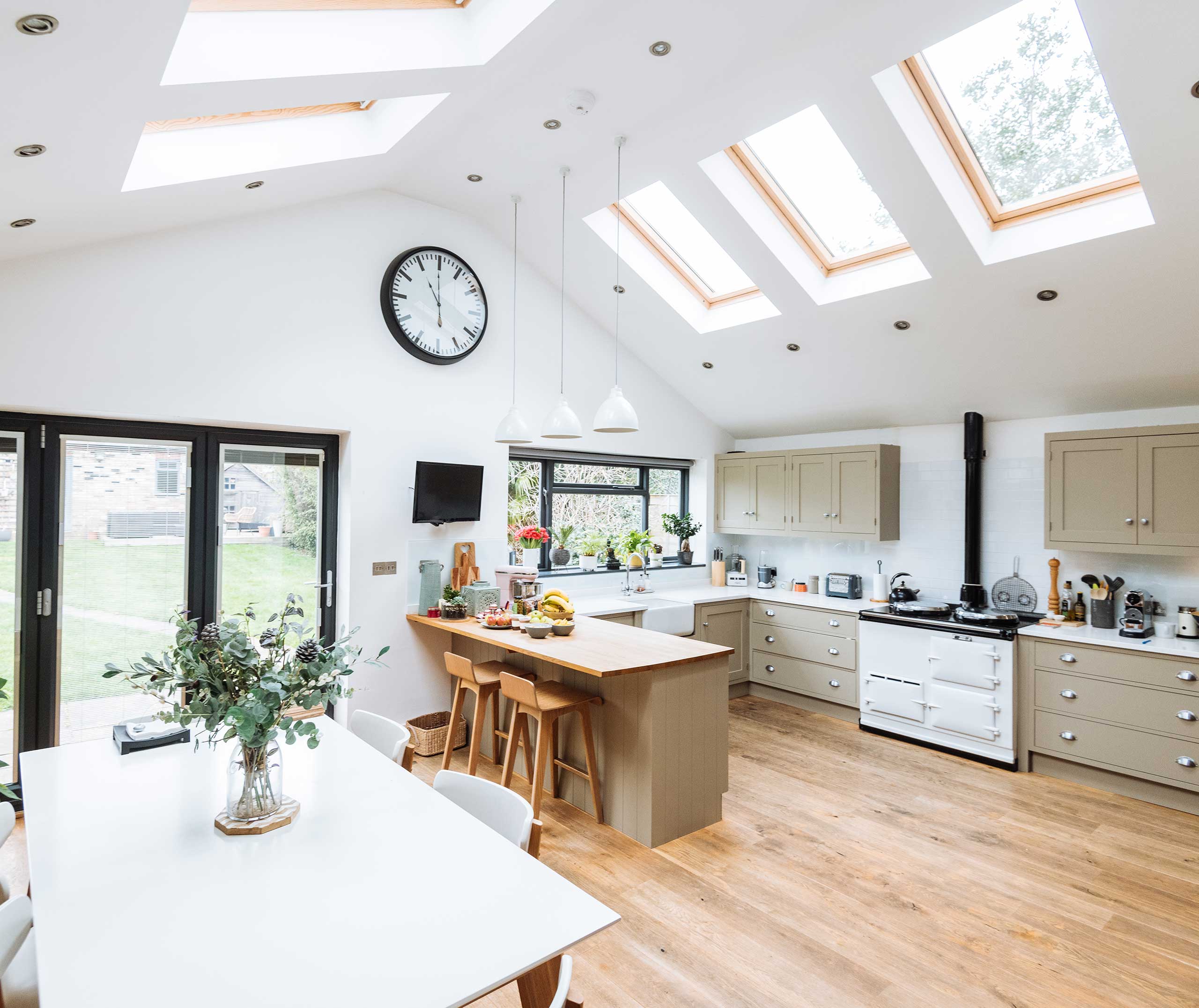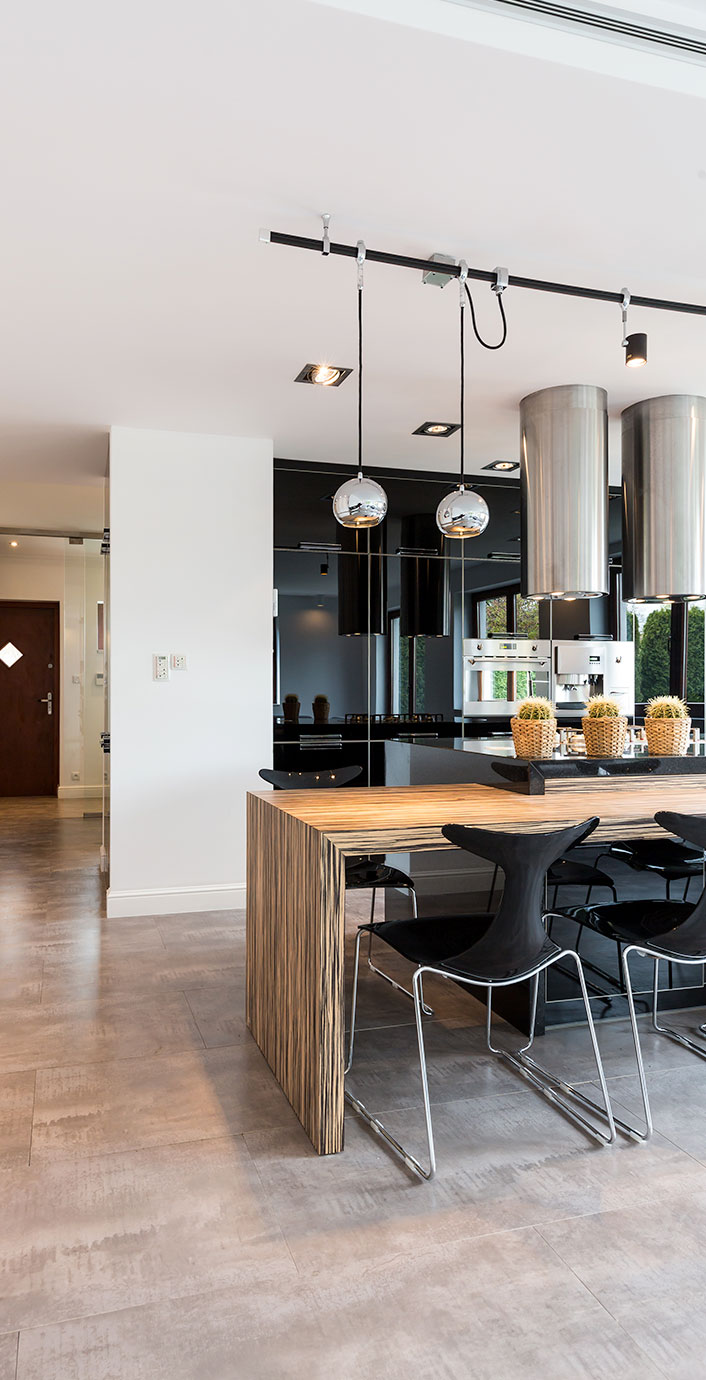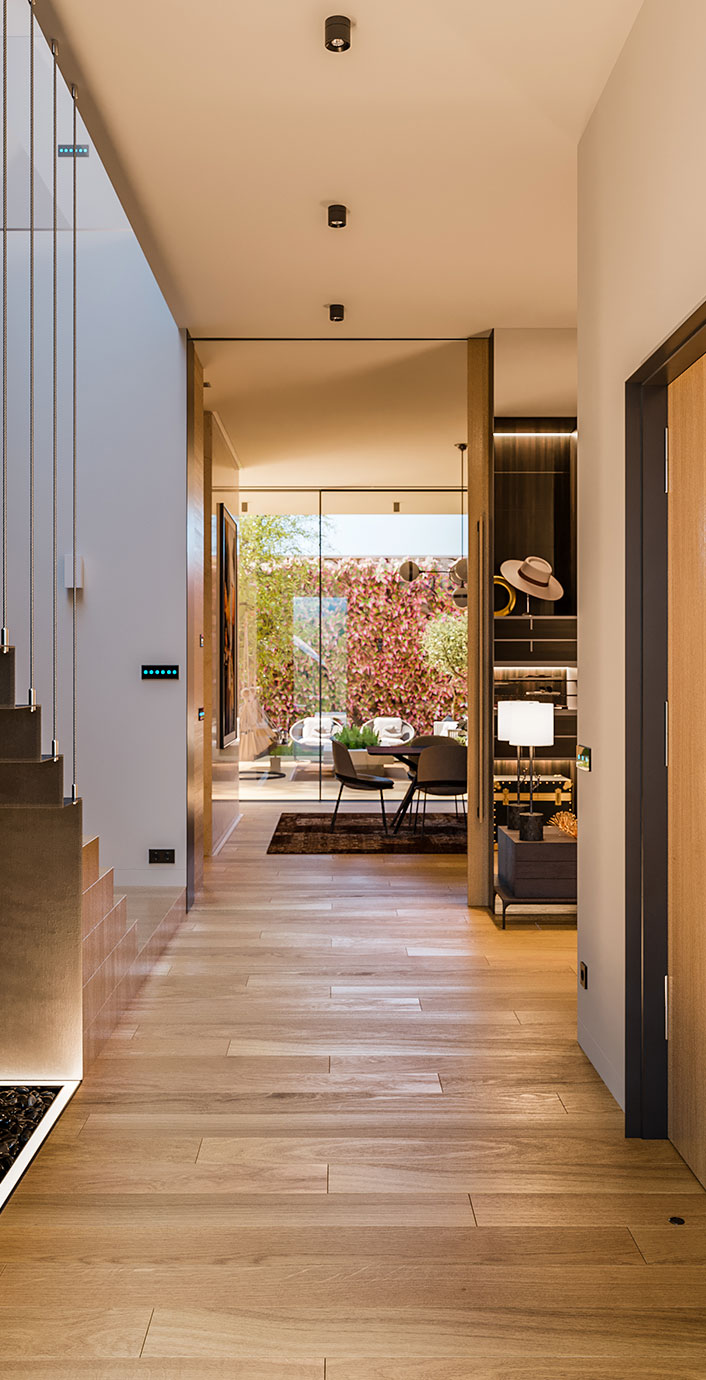Are you a property developer or landlord looking for high-profit, sustainable projects? Or a buy-to-let investor looking to diversify your portfolio?
Class MA conversions offer exciting opportunities to turn underused or vacant commercial premises into unique and profitable residential properties.
Nowadays, more people work from home and buy online, leaving shops and offices neglected and forgotten. Be a part of revitalising your city centre by switching from commercial to residential and bag yourself some profit simultaneously.
Class MA: A Brief Overview
Class MA falls under permitted development rights, with prior approval, that allows developers to change the use of buildings from Class E (commercial, business and service) to Class C3 (residential dwellinghouses).
It means spaces like shops, offices, and warehouses can find new life as family homes without a complete planning application.
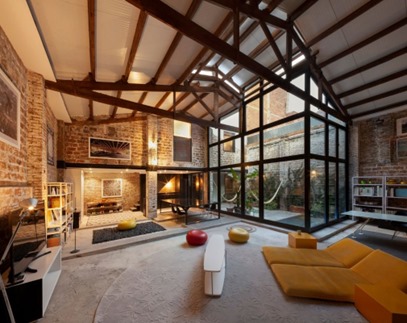
Warehouse Conversion. Image from https://mywarehousehome.com/blogs/real-homes/the-theatre-from-a-warehouse-to-a-home
Class MA conversions efficiently meet housing demand while being more time and cost-effective than most other planning applications.
Why Choose Class MA Conversions?
Tap into Prime Urban Locations
The first thing everyone looks into when deciding where to live is proximity to amenities – like shops, gyms, and public transport links.
Most Class E properties are situated in bustling city centres, and they’re prime locations for Class MA conversions as they attract renters and buyers who want easy access to these amenities.
Capitalise on Changing Market Trends
Since the pandemic, the surge in remote working and online shopping has reduced the demand for office and retail spaces, leaving many of these properties vacant.
By converting these spaces into homes, you can respond positively to the housing crisis, offering a productive solution and tapping into an ‘in-demand’ market.
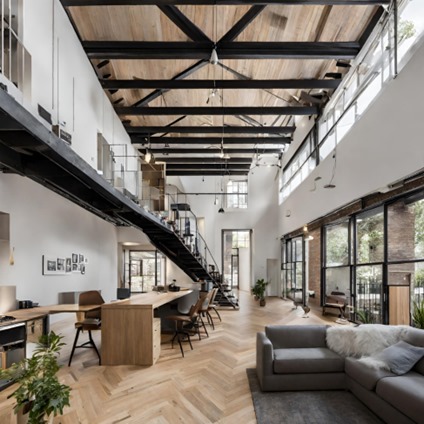
Office Conversion. Image from https://www.burnhamnationwide.com/final-review-blog/repurposeoffice
Maximise Profit Potential
Class MA conversions offer an efficient solution to the constantly rising demand for housing.
Commercial properties are often cheaper to buy than residential ones, but Class MA-converted units can be sold or rented out at higher prices.
Benefit from Government & Policy Support
Class MA projects are actively encouraged by the UK government as a sustainable solution to housing demand so they come with some enticing benefits:
- Lower application fees through prior approval (£125 per dwellinghouse).
- There are fewer challenges compared to the entire planning permission process.
- Speedy approval of around 8 weeks.
Build Sustainably
Class MA developments are more sustainable and eco-friendlier as they repurpose ‘brownfield’ sites, which means you:
- Reduce the need for environmentally detrimental greenfield developments.
- Preserve wildlife and potentially endangered species.
- Lower construction waste and carbon footprint.
- Contribute to the sustainable revival of urban areas.
Before you Get Started
Although Class MA conversions have fewer restrictions than complete planning applications, there are still essential regulation requirements you’ll need to follow.
In February 2024, the size cap of a 1,500 square meter floor space and the 3-month vacancy rules were scrapped. This means that far more Class E properties have the potential to become forever homes.
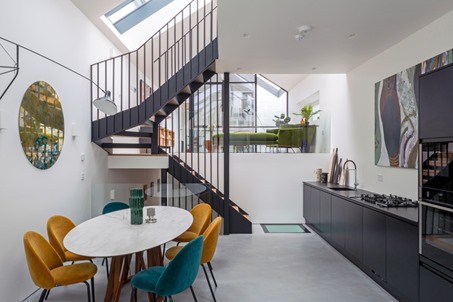
Mechanic’s Workshop Conversion. Image from https://www.selfbuildanddesign.com/cs/conversion/mechanics_workshop
However, your chosen commercial property must have been in Class E use for at least 2 years before your prior approval application.
Prohibitions or restrictions apply to protected zones like national parks, World Heritage Sites, and conservation areas.
As trusted architects, we have the knowledge and expertise to help advise you on the likelihood of gaining prior approval and offer innovative design solutions to your development goals.
Obtaining Prior Approval
Prior approval applications must be submitted before work begins on the commercial property. GRK architects can provide supporting documents such as architectural plans and impact assessments.
Prior approval allows local authorities to evaluate impact factors about:
- Transport and noise,
- Flooding and contamination risk,
- Natural light availability in habitable rooms,
- Compatibility with surrounding commercial or industrial activities.
Once prior approval is granted or determined ‘not required’, you can proceed with development, which must be completed within 3 years of authorisation.
Additional Applications
For more complex Class MA developments that don’t meet all the permitted development rules, you may need to submit a ‘Change of Use’ application to gain planning approval for your conversion.
Building regulations approval will be required relating to the property’s ‘material change of use’.
GRK architects are well-versed in planning applications and building regulations and will help you navigate any challenges that may arise throughout the process.
Why Now is the Best Time for Class MA Conversions
With removing the size cap and vacancy restrictions, more properties can qualify for Class MA development, offering savvy developers far more opportunities than before.
The ongoing housing crisis ensures a steady demand for new homes and allows developers to capitalise on a growing market trend.
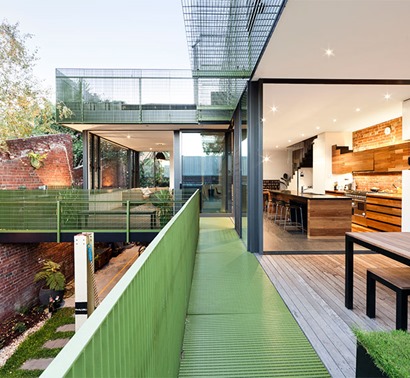
Office Conversion. Image from https://www.refreshrenovations.co.uk/articles/converting-a-commercial-property-into-a-home
Start your Conversion with GRK Today
Whether you’re an experienced property developer or just starting your entrepreneurial journey, GRK Architecture supports you through the nuances of Class MA conversions.
Let’s start building the future together, one conversion at a time.

